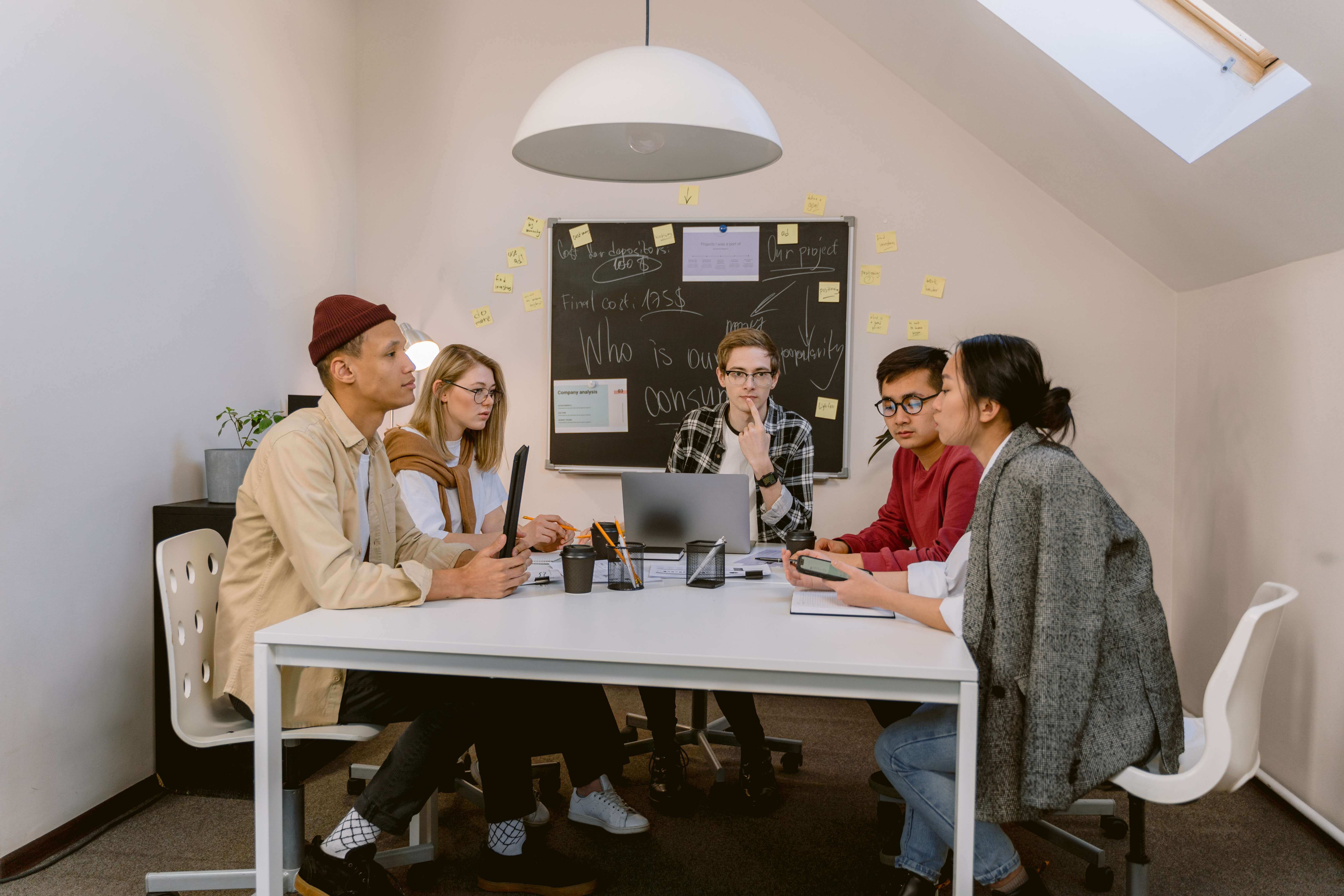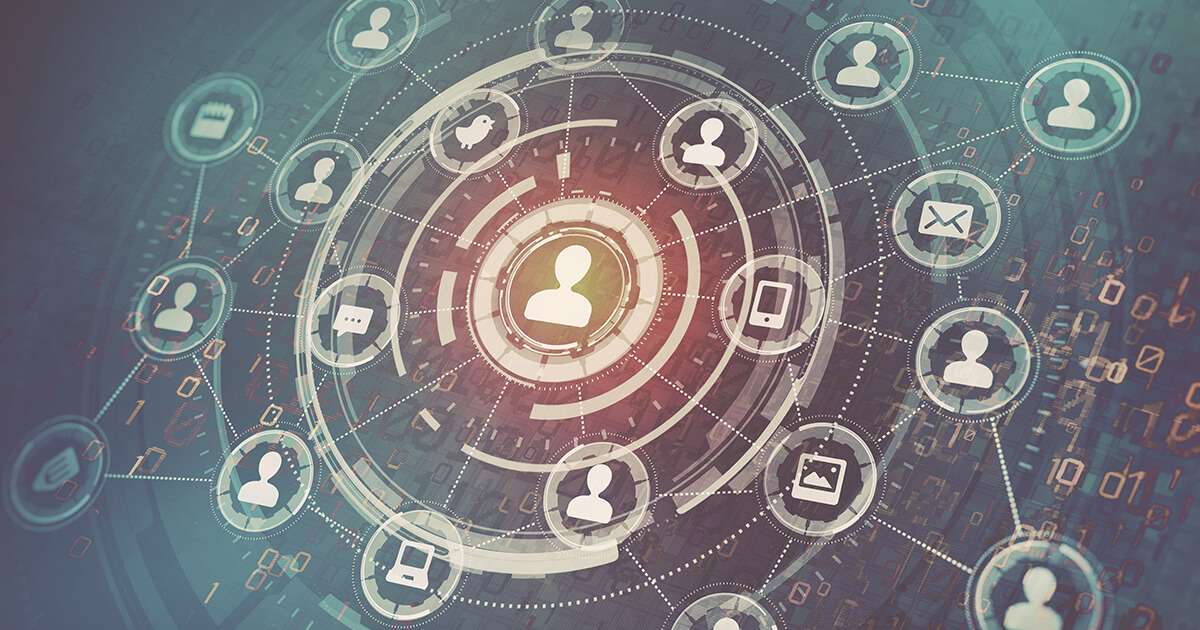Contents
First published by Forbes. Marc Vontobel reveals that the future of work has already arrived. Real-time knowledge collaboration across the organization is available and the time is now to empower your organization and revolutionize the way we work.
Founder and CEO at Starmind, a company that transforms the way the world works by freeing expert knowledge across the enterprise with AI.
The workplace of the 1960s was radically different from the “office” of today. The secretary squirreled away company documents in heavy metal file cabinets or photocopied a report to distribute throughout the office physically. The junior executive would walk over to a founding partner’s office to run an idea by him. Pharmaceutical companies conducted all research and development in physical laboratories, with findings primarily shared within that setting.
The 1970s and 1980s gave us a glimpse of technology’s capabilities to share and store information via noisy, cumbersome machines, often relegated to cold computer labs and data centers. The advent of the personal computer, email and the internet created a super information highway. Anyone with a desktop computer, landline and modem could connect — albeit slowly — to a new world of previously untapped information.
The 1990s ushered in an era of online libraries and databases to manage and share knowledge globally and intranets within organizations to document and share information. Throughout the 20th century, there was a general improvement in collaboration.
Cut to the 21st century. A massive amount of information sits literally in the palm of our hands: no more dialups or fiber optics. A simple tap and an unseeable cloud are all it takes to retrieve any information we desire or need. What’s more, we often don’t have to think about how we can acquire this knowledge. Artificial intelligence does it for us, prompting us to follow its digital breadcrumbs. Technology now leads the horse (humans) to water (knowledge).
Taking the Best Route
Knowledge is necessary. But it can only affect positive change when it’s harnessed and utilized properly. Imagine that you want to travel from Paris, France to Stuttgart, Germany. You don’t know how to get there, and GPS doesn’t exist yet. Outdated paper map in hand, you start out driving north to the Netherlands. Once there, you ask someone how to get to Germany. They tell you to travel to Berlin. You get to Berlin and seek directions to Stuttgart. You’re advised to travel south through the Czech Republic and Austria, then onto Stuttgart.
Finding the right information in an organization from the right person can be just as circuitous as the journey outlined above. Far too many organizations continue to rely heavily on the proverbial outdated paper map or the inaccurate directions of a well-meaning co-worker, leaving employees to travel thousands of kilometers when, if they’d known the right person to ask, the best route would have been as simple as 600 kilometers east of Paris straight to Stuttgart.
Today’s hybrid workplace complicates the issue. Remote workers often have even less access to the documentation (or outdated map) to help them do their jobs. It’s why we need to focus less on document management and more on human experience.
Tapping Into Knowledge
When we leverage human knowledge — both tacit and explicit — in a more focused and collaborative manner, we open up our employees and organizations to a world of possibilities. Collaboration is one of the most important aspects of modern business. Instead of minimizing its impact to work with those near or far, we should be capitalizing on it. Doing so enables us to bring together disparate groups and ideas to collaborate and develop new products, services and initiatives that change how we think, live, interact and work for the better.
Sometimes, we can’t even define the insight or information we want. However, the ability to collaborate cross-functionally and tap into any and all knowledge within an organization becomes a game-changer. Why? Because human experience and knowledge are exercised and accessed optimally. As a result, employees gain answers and directions faster and more accurately. Decisions take less time with more precise knowledge. Problems can be identified more accurately and resolved with greater speed.
Finding The Holy Grail
But where human knowledge really excels is in engaging, motivating and challenging employees to be productive, feel more valued, think beyond the boundaries of their specific jobs or departments and develop new ideas and ways of doing things better. Knowledge collaboration is the holy grail.
The good news is that this holy grail is already within reach. It’s in the form of AI platforms that leverage untapped knowledge throughout an organization. It’s time to close the proverbial file cabinet on document management and optimize the possibilities that AI knowledge collaboration platforms offer.
Real-time knowledge collaboration across the organization is there for the taking. It provides opportunities to increase productivity, learn and develop faster, innovate and collaborate smarter and maintain a more competitive edge in the marketplace. The future of work has already arrived. The time is now to empower your organization. Human know-how combined with AI knowledge collaboration is one way to take you there.




